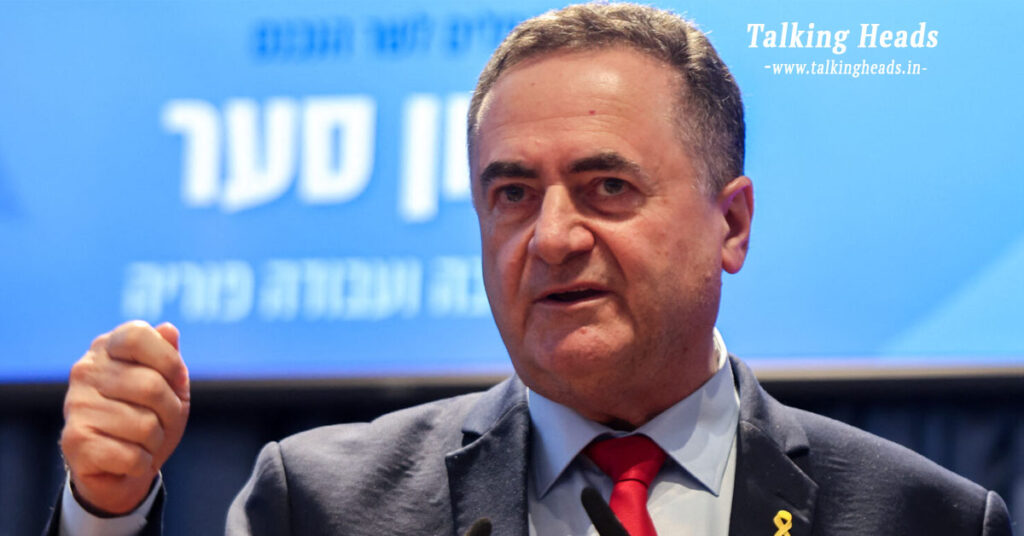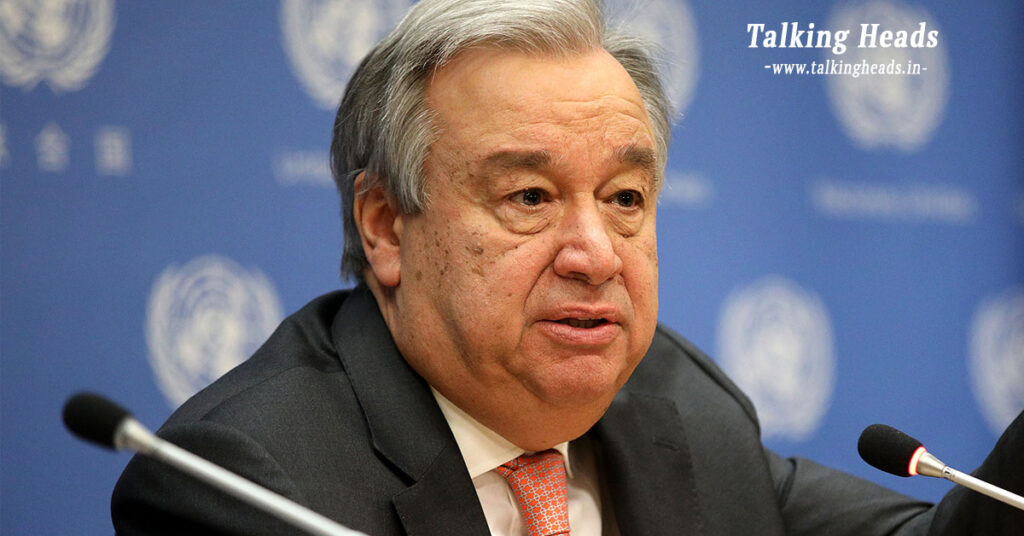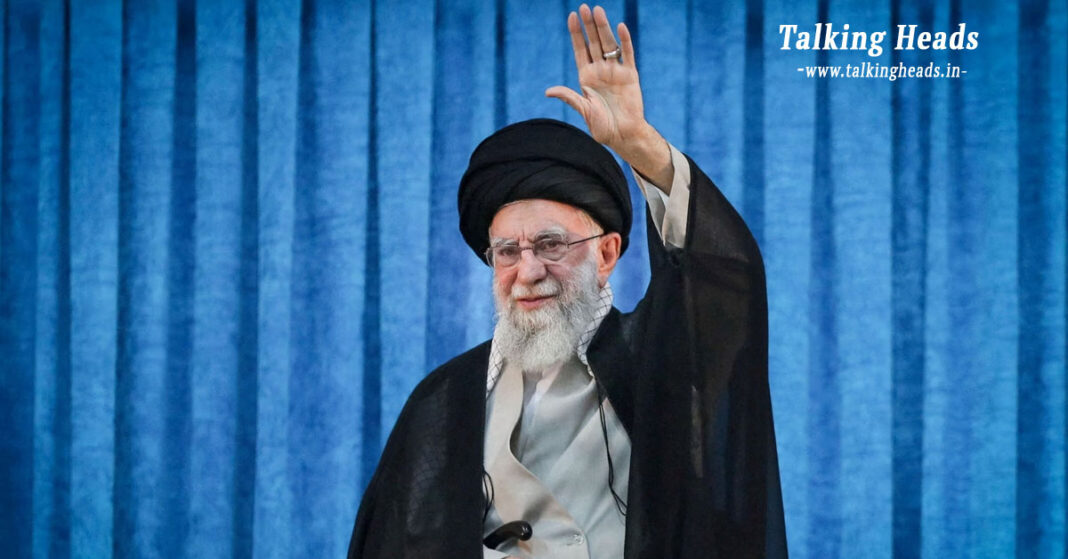As tensions between Israel and Iran enter the seventh day, Israeli Defense Minister calls Ayatollah Khamenei a “modern Hitler” while missile strikes injure 176 and claim over 600 lives in Iran.
Table of Contents
Israel Calls Iran’s Supreme Leader a ‘Modern Hitler’ Amid Intensifying Conflict
Tel Aviv, June 2025 — The escalating conflict between Israel and Iran has taken a brutal turn, with Israel’s Defense Minister Israel Katz calling Iranian Supreme Leader Ayatollah Ali Khamenei a “modern Hitler.” Katz stated on Thursday that such a dictator “does not deserve the right to live,” accusing Khamenei of using proxy agents in his long-standing efforts to destroy Israel.

This statement follows a series of deadly Iranian missile attacks on Israeli cities that left 176 people injured, including six in critical condition. One of the most alarming strikes targeted the Soroka Medical Center in Beersheba, raising global concerns over Iran’s disregard for civilian and humanitarian sites.
Iran Launches Missile Attacks on Israeli Cities, Hits Hospital in Beersheba
In the early hours of Thursday, Iran launched 30 missiles toward the Israeli cities of Tel Aviv, Beersheba, Ramat Gan, and Holon. While Israel’s Iron Dome defense system intercepted most of them, seven missiles broke through, causing widespread injuries and destruction.

One missile directly struck the Soroka Medical Center in Beersheba — one of Israel’s premier hospitals, serving the entire Negev region. Chaos erupted as patients and medical staff scrambled for safety amid smoke and fire. Rescue teams rushed to extinguish the blaze and evacuate vulnerable patients.
Prime Minister Benjamin Netanyahu condemned the attacks, accusing Tehran of deliberately targeting hospitals and civilians. “Iran is purposely striking our population centers and medical infrastructure. We will make the tyrants in Tehran pay the full price,” Netanyahu declared in a televised address.
War Reaches Day 7: Over 600 Dead in Iran, 24 Killed in Israel
The war between Iran and Israel has now entered its seventh consecutive day, leaving a growing humanitarian toll in its wake. A Washington-based human rights organization reports that Iran has suffered 639 casualties and 1,329 injuries since the conflict began. On the Israeli side, 24 people have lost their lives.
International bodies are calling for restraint, but both sides continue to trade lethal blows with no sign of de-escalation. Analysts fear that this war could destabilize the wider Middle East region, especially given the scale and targets of recent attacks.
Israel Strikes Back: Missile Attack on Iran’s Arak Heavy Water Reactor
In a swift response, the Israeli Defense Forces (IDF) launched a missile strike on Iran’s Arak Heavy Water Reactor — a core facility in Tehran’s nuclear program. While the extent of the damage remains unclear, the attack is being viewed as a significant escalation.
Hours before the strike, the IDF issued evacuation warnings to residents of Arak and the nearby city of Khondab, signaling a premeditated military operation. The Arak facility plays a dual role — it supports Iran’s nuclear ambitions and also serves as a key site for weapons manufacturing.
This reactor, a long-standing point of concern for international nuclear watchdogs, is now under renewed scrutiny as both nations appear to inch closer to full-scale war.
Visual Evidence of Escalation: Iranian Missile Footage from Israeli Cities
Several dramatic images and videos have emerged from the missile attacks on Israel:
- A direct hit on Soroka Medical Center in Beersheba sparked panic as black smoke billowed from the hospital grounds.
- Emergency crews were seen battling flames inside the facility, trying to prevent further casualties.
- In Holon, a suburb near Tel Aviv, a ballistic missile destroyed a residential building, leaving behind a trail of debris and injured civilians.
These visuals have flooded social media and news channels, reinforcing the human cost of this growing military confrontation.
International Reactions and Rising Global Concern
As images of wounded civilians and burning hospitals circulate globally, pressure is mounting on international leaders to intervene. Human rights groups have condemned the targeting of medical facilities, calling it a violation of international humanitarian law.

While the United Nations has issued a general plea for peace, there has been no significant diplomatic breakthrough. With Israel ramping up its military operations and Iran retaliating with high-impact strikes, experts warn the conflict could spiral into a broader regional war involving Lebanon, Syria, and Gulf states.
Conclusion: A Conflict with No Immediate End in Sight
The rhetoric is growing harsher, the casualties are mounting, and the scope of destruction is widening. Israel’s branding of Ayatollah Khamenei as a “modern Hitler” underscores the psychological warfare that now accompanies the physical one.
With neither side showing signs of de-escalation, the world watches anxiously as two powerful adversaries hurtle toward a potentially catastrophic climax. As attacks on civilians, hospitals, and nuclear facilities continue, the need for immediate international mediation has never been more urgent.










